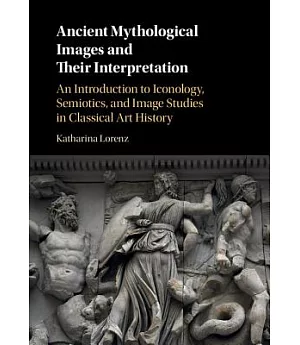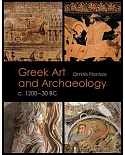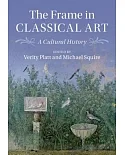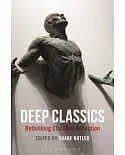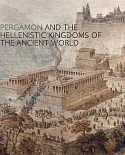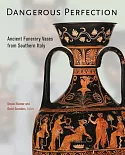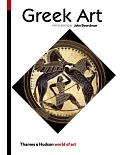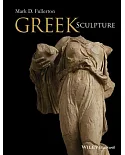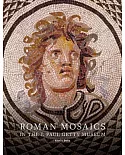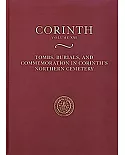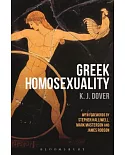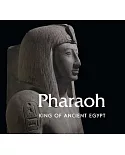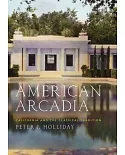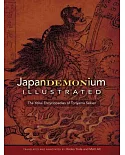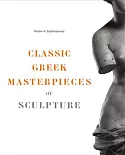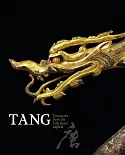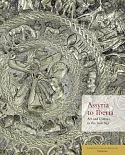"When we try to make sense of pictures, what do we gain when we use a particular method--and what might we be missing or even losing? Empirical experimentation on three types of mythological
imagery--a Classical Greek pot, a frieze from Hellenistic Pergamon and a second-century CE Roman sarcophagus--enables Katharina Lorenz to demonstrate how theoretical approaches to images
(specifically, iconology, semiotics, and image studies) impact the meanings we elicit from Greek and Roman art. A guide to Classical images of myth, and also a critical history of Classical
archaeology’s attempts to give meaning to pictures, this book establishes a dialogue with the wider field of art history and proposes a new framework for the study of ancient visual culture. It
will be essential reading not just for students of classical art history and archaeology, but for anyone interested in the possibilities--and the history--of studying visual culture"--

